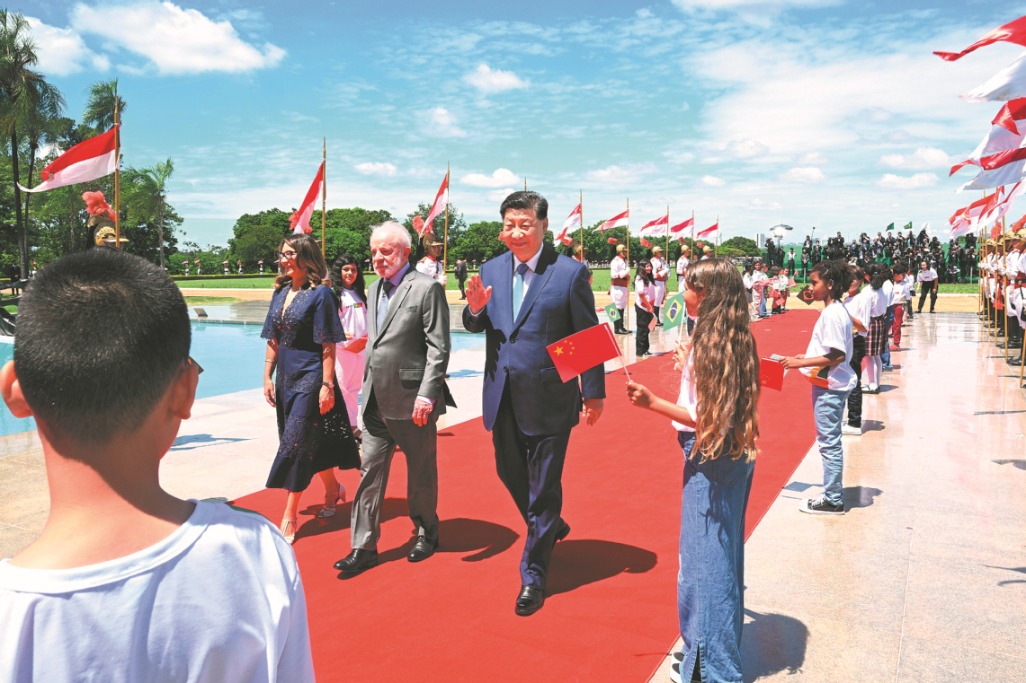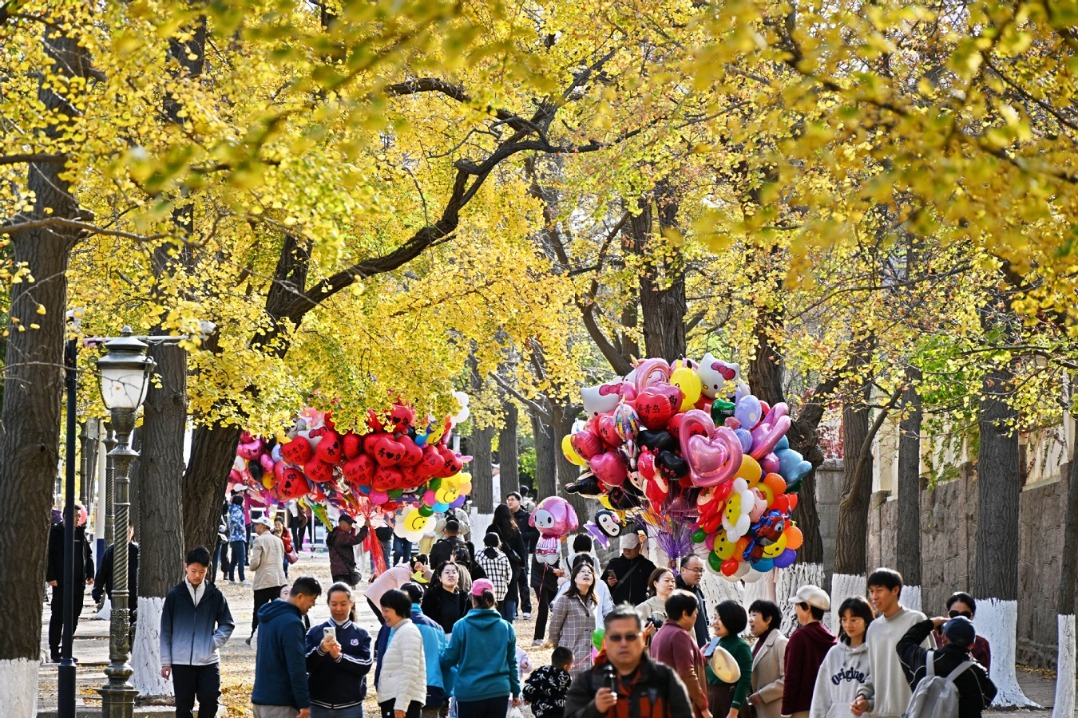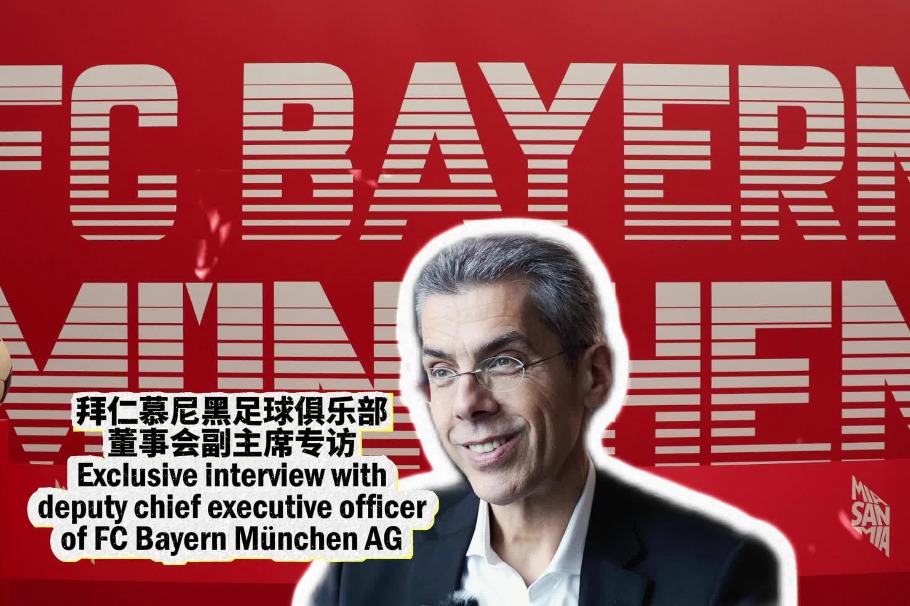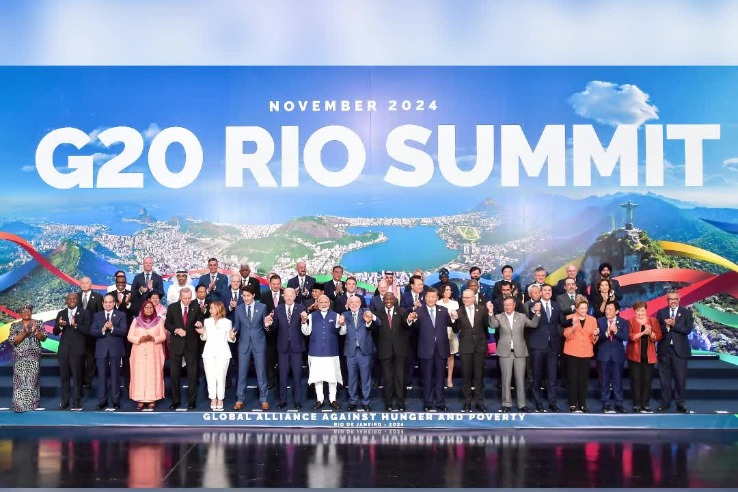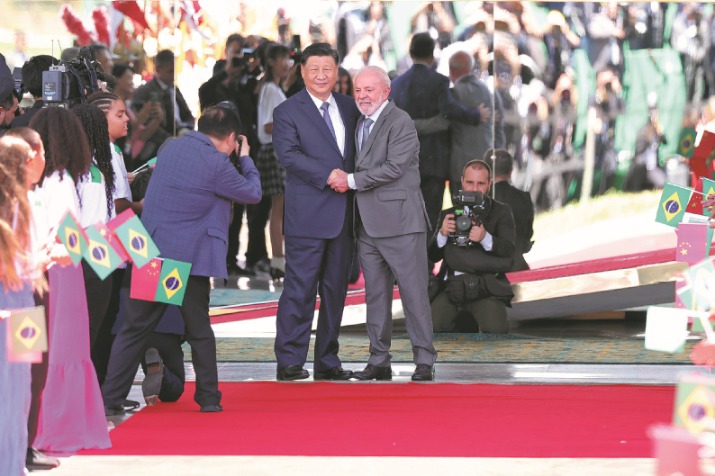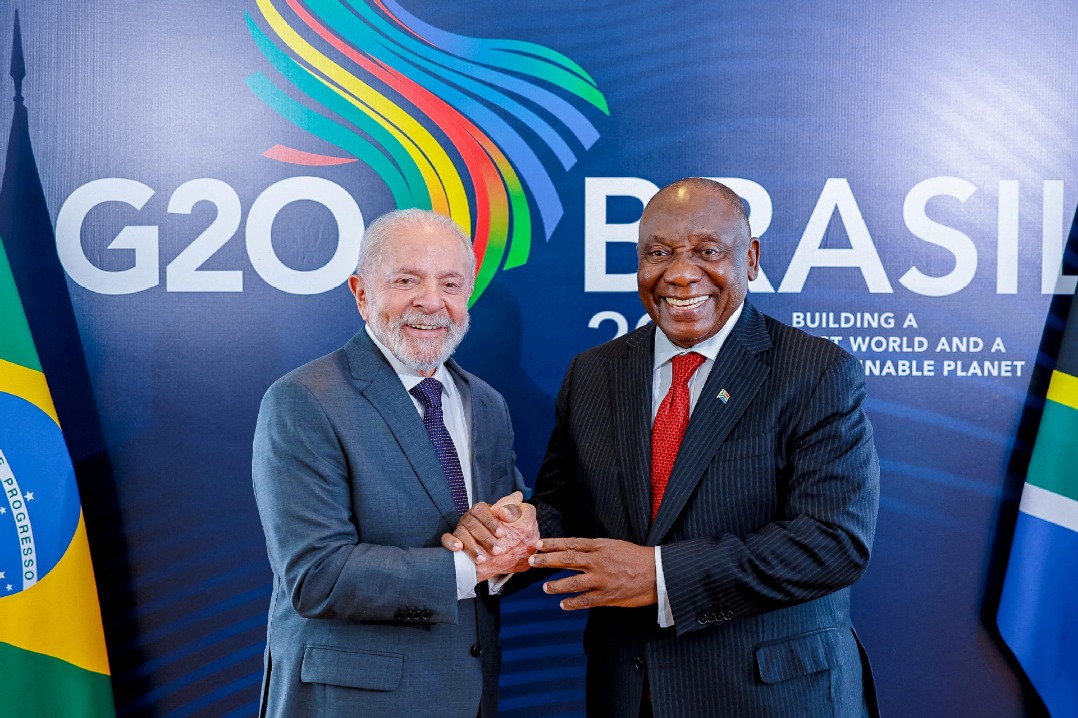Continued US-China cooperation urged
Business veteran calls for countries to get back to a more friendly atmosphere
By LIA ZHU in San Francisco | China Daily Global | Updated: 2024-08-07 09:47

Shifting direction
"So, we decided to write a book about business to try and shift the conversation back in that direction as much as we could. Business has its own challenges, but as long as we're talking about solutions then we should be able to get along and continue to cooperate," he said.
The book delves into the challenges and opportunities in specific industries, where the co-authors have deep expertise, and offers insights and strategies for navigating the Chinese market.
Since the early 1990s, US business in China has been largely a story of success, as the book points out. While acknowledging the challenges faced by US companies operating in China, Gibbs said many of them have done well in China over the years.
"At this point, the China market is so big and so important that no company can be considered truly global unless it has a business in China. But it's also important to be in the market so that we don't miss out on innovation," he said.
"In the car industry, for example, a lot of the new ideas and technologies are coming from China," said Gibbs, "If GM, Ford, and Volkswagen aren't in the China market, they will miss seeing what's coming until it hits the global market. By then it's too late. It's much smarter to be in the China market where you can get a good look at your next global competitor."
Gibbs stressed the importance of engagement between the two countries because decoupling will be "mutually self-destructive".
From a pragmatic view, he highlighted that engagement has led to prosperity. "Business between the US and China has created jobs and lifted millions of people into the middle class. For years people have traveled between the US and China as tourists or students, giving each side an opportunity to learn and make new discoveries," he said.
"Nobody is happy with the current hostilities between the US and China. We have to get back to a more friendly atmosphere. Rather than continuing to put pain on each other, we would like to see more aggressive and creative diplomacy," said Gibbs.





